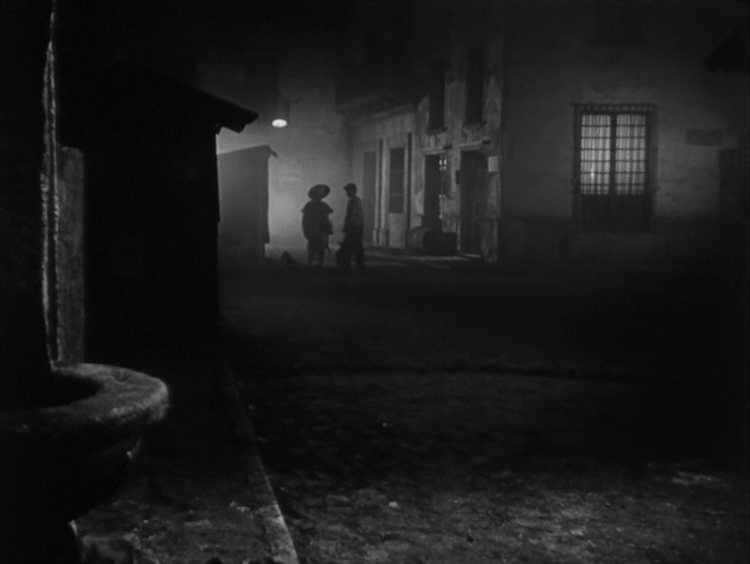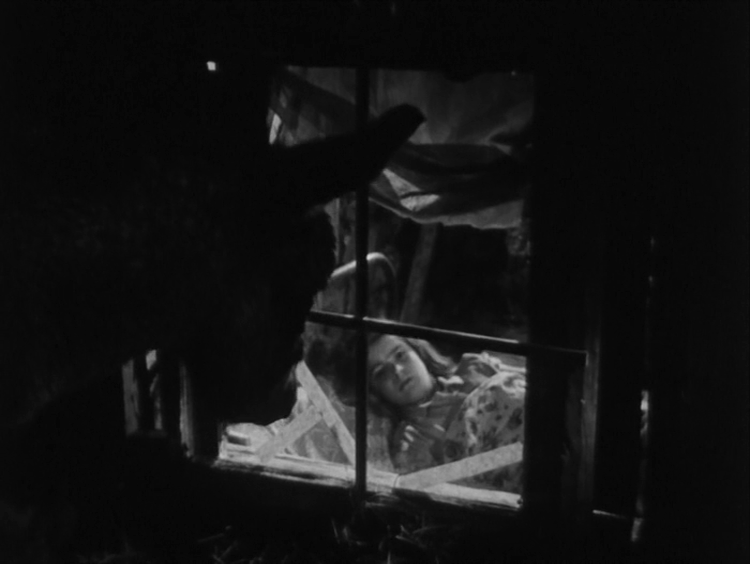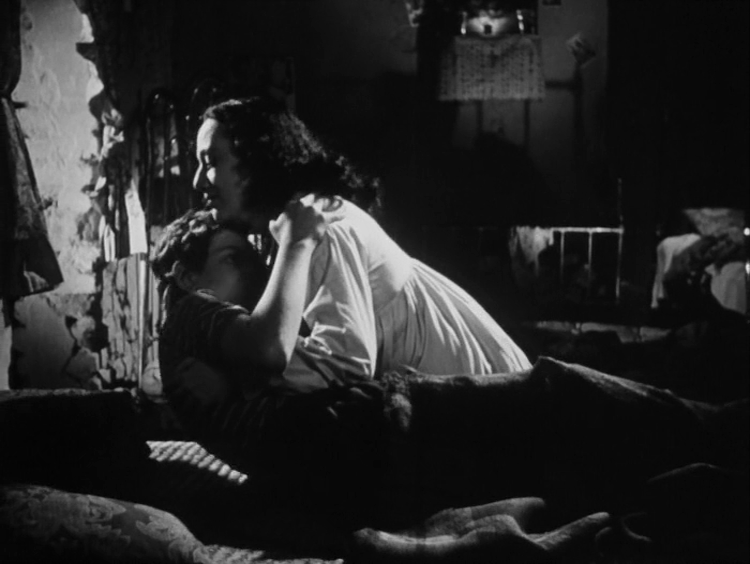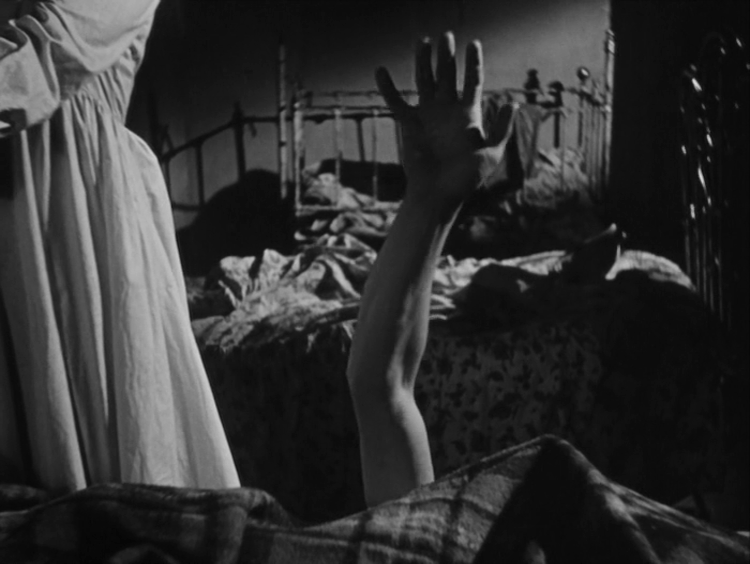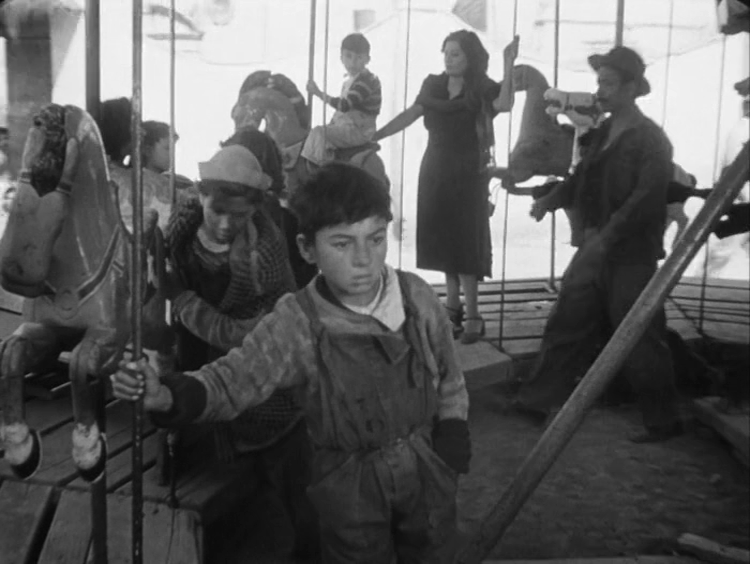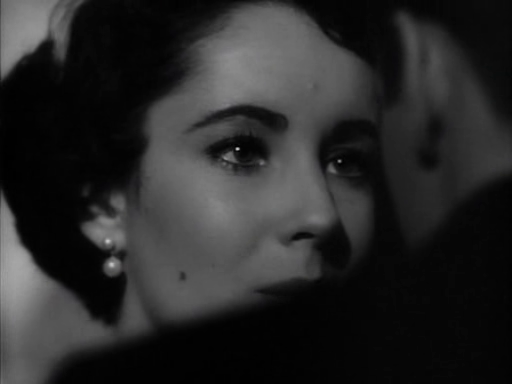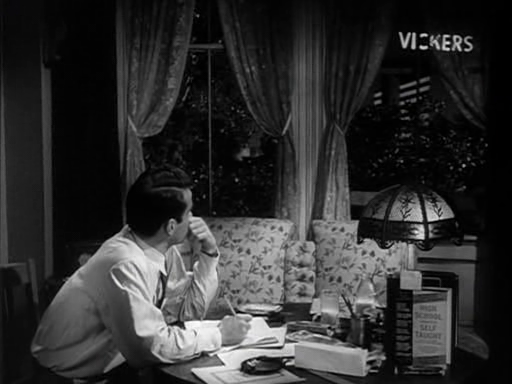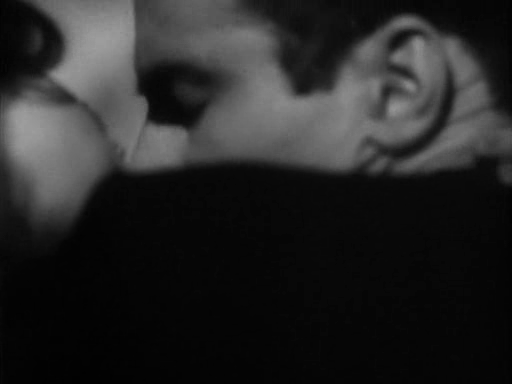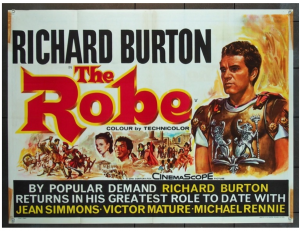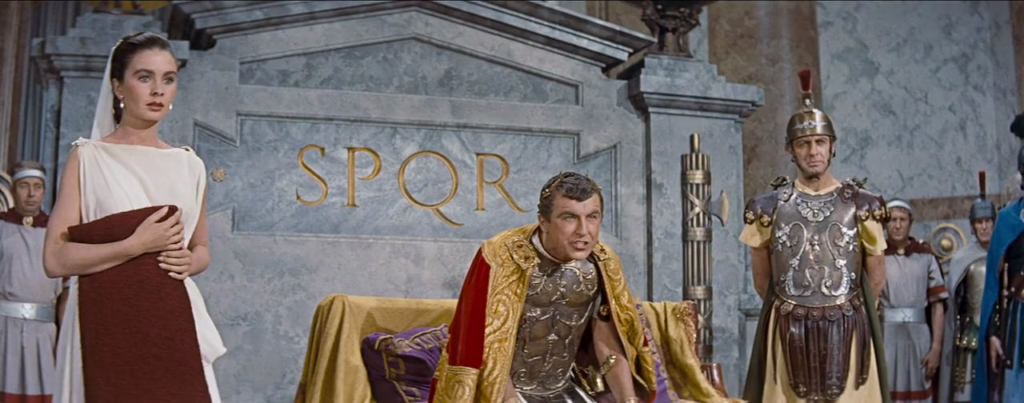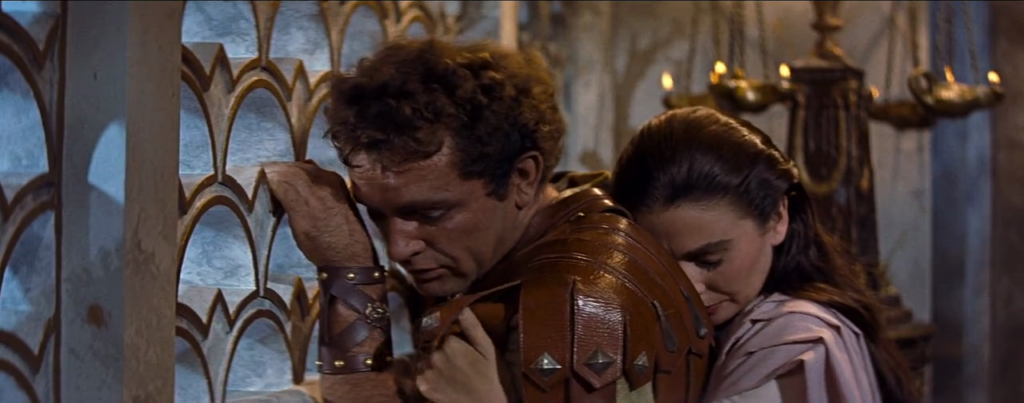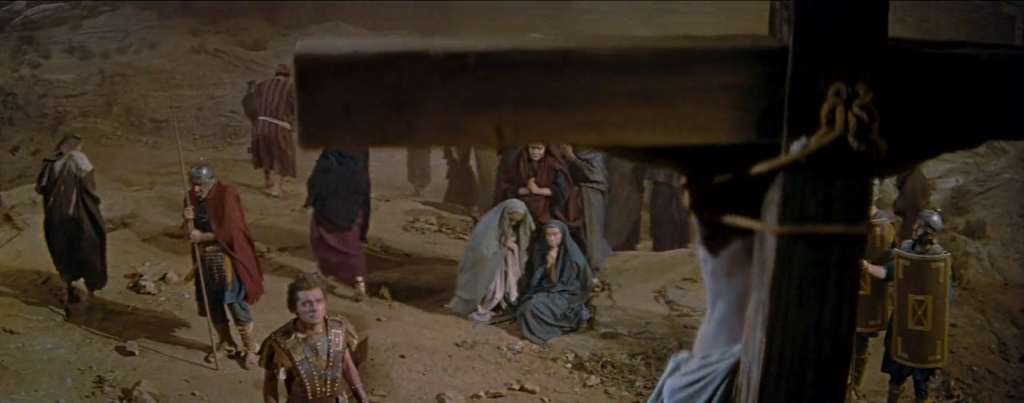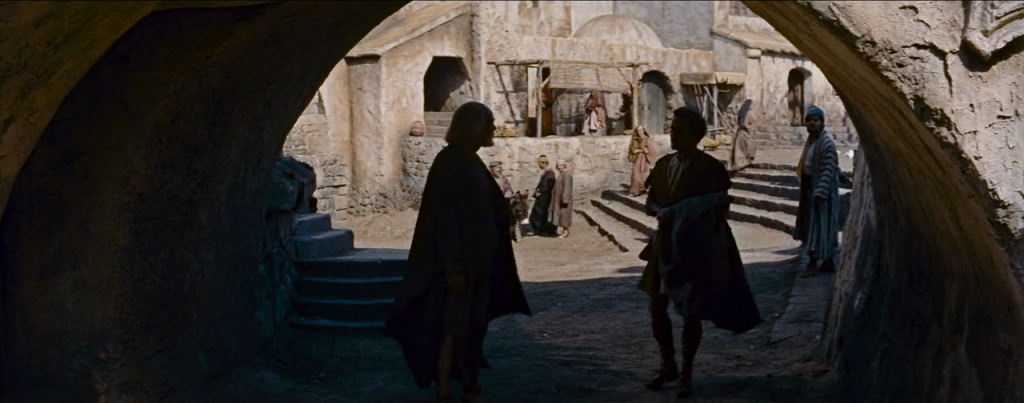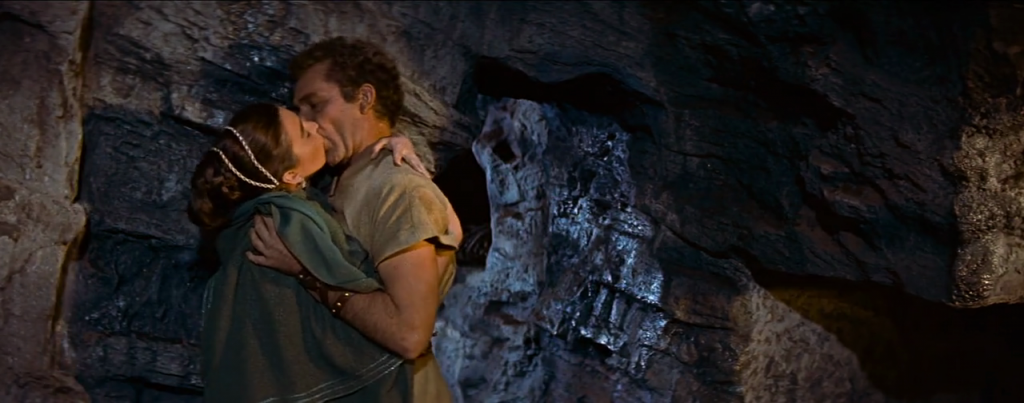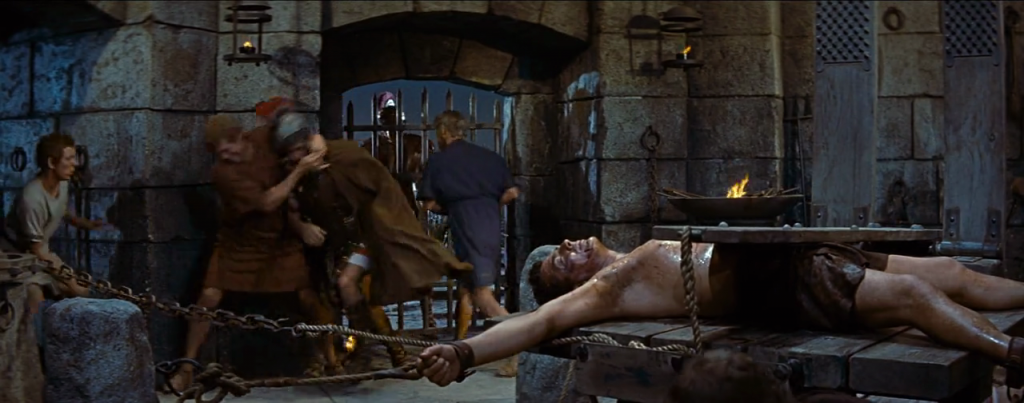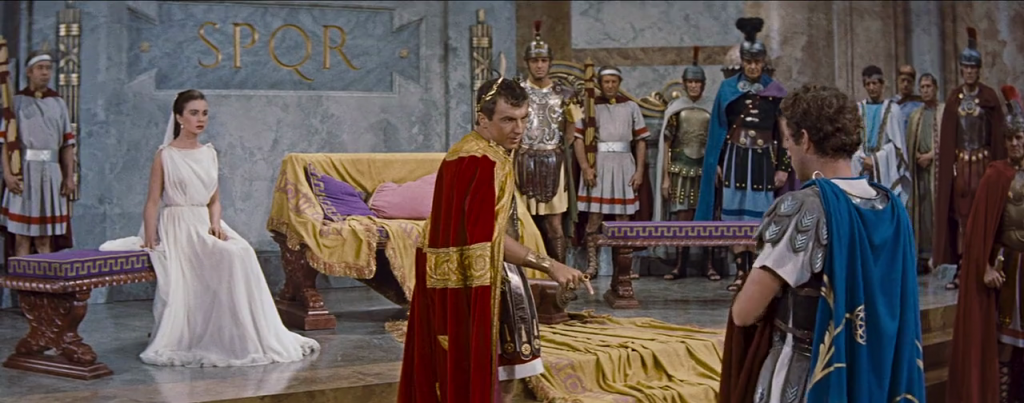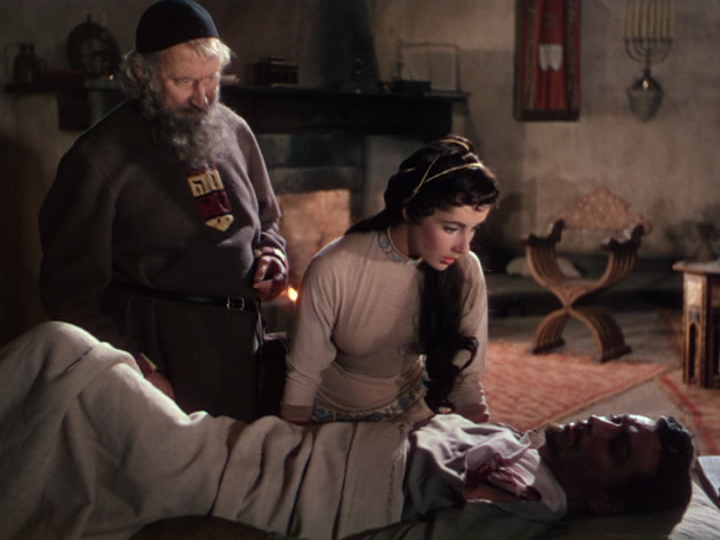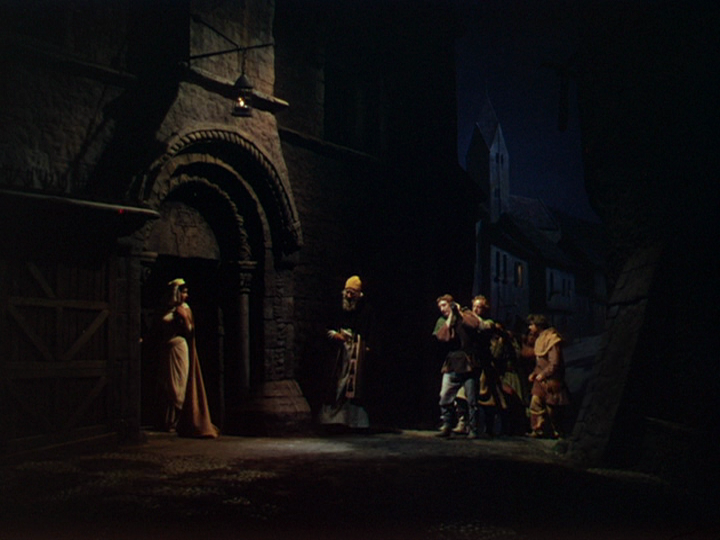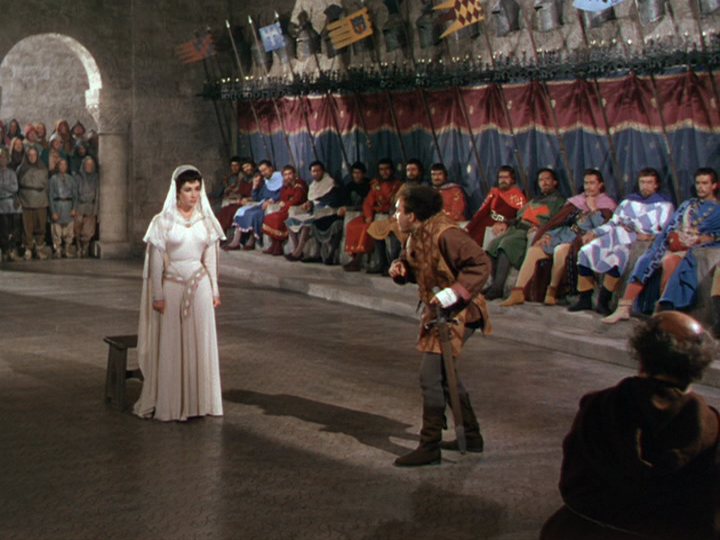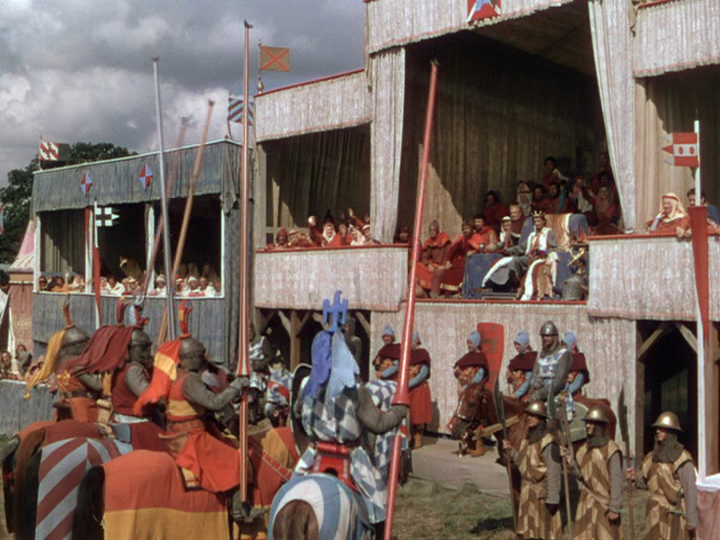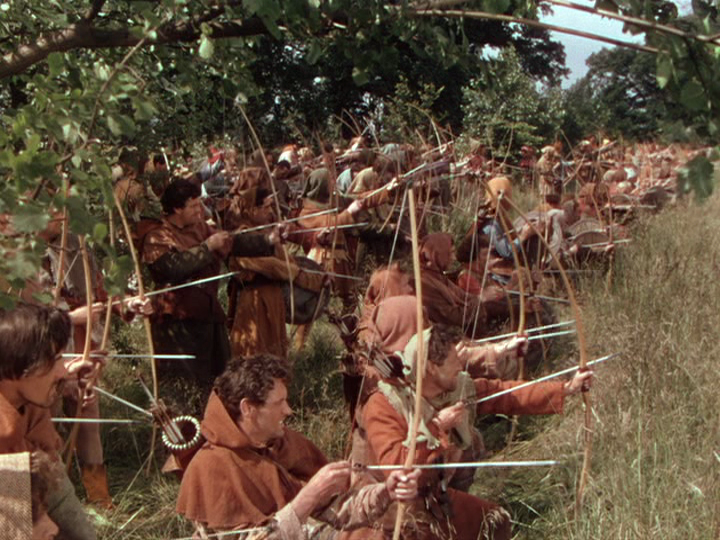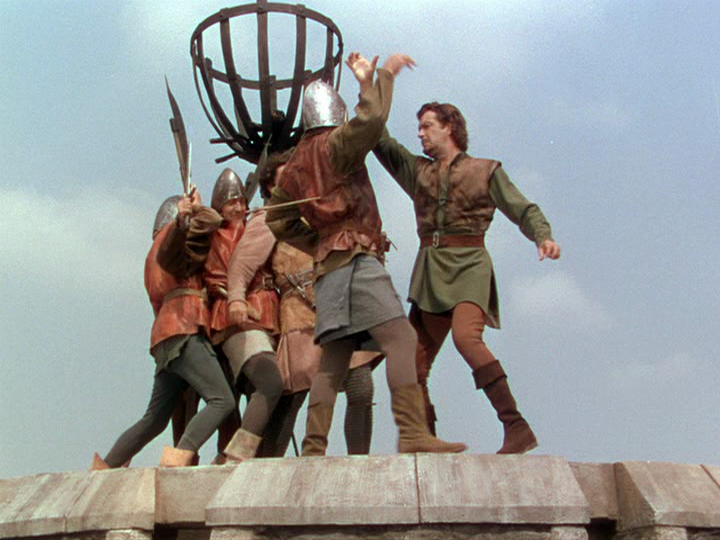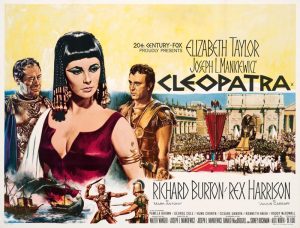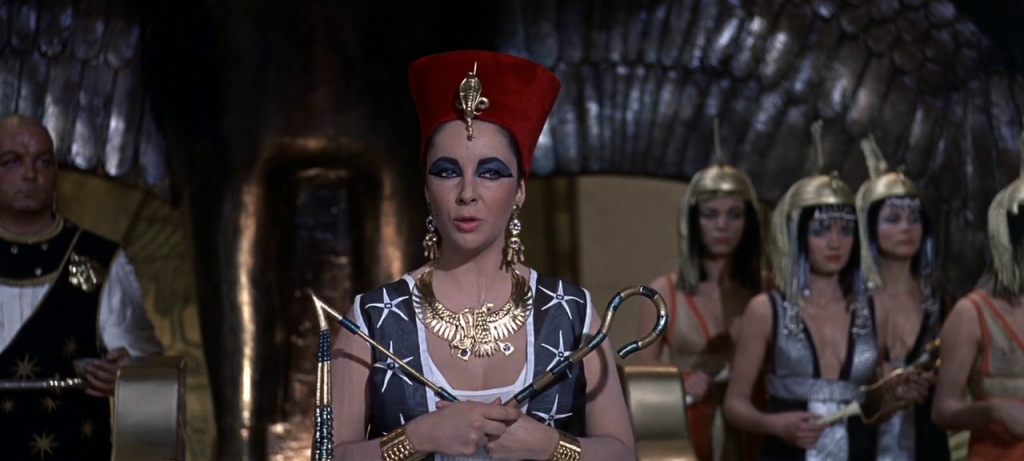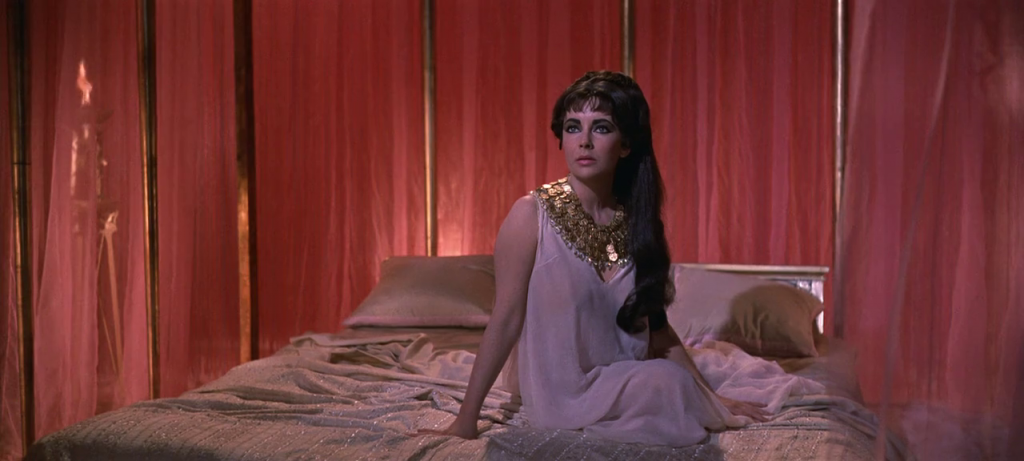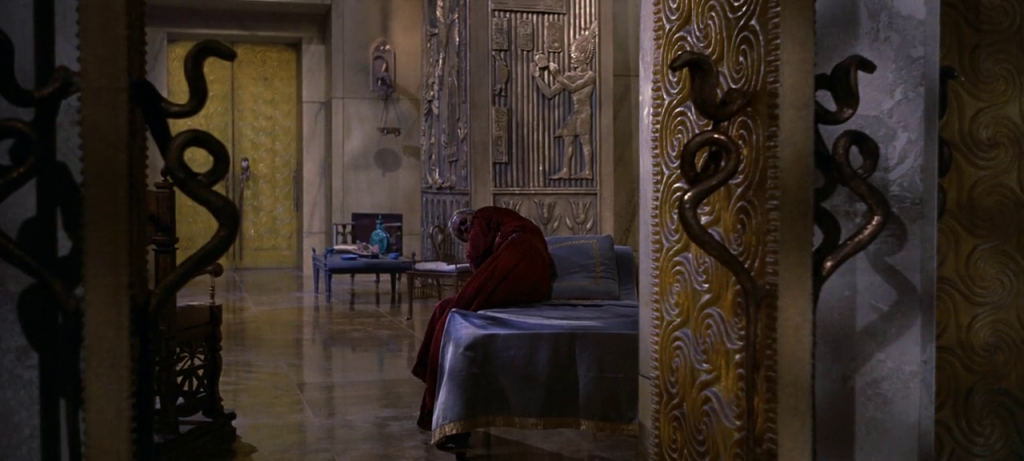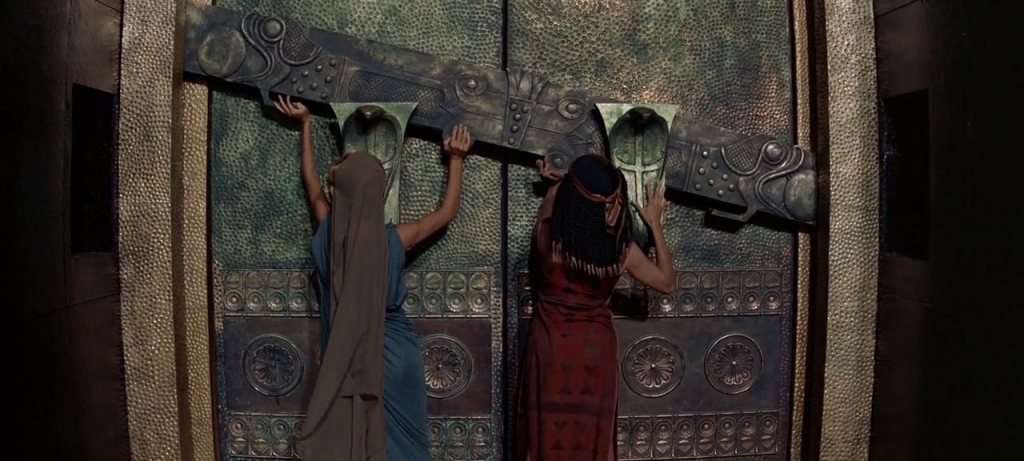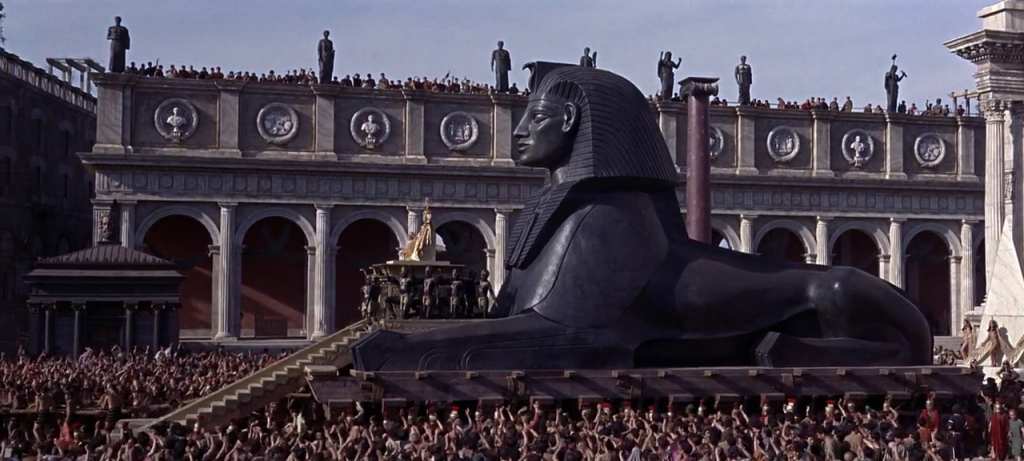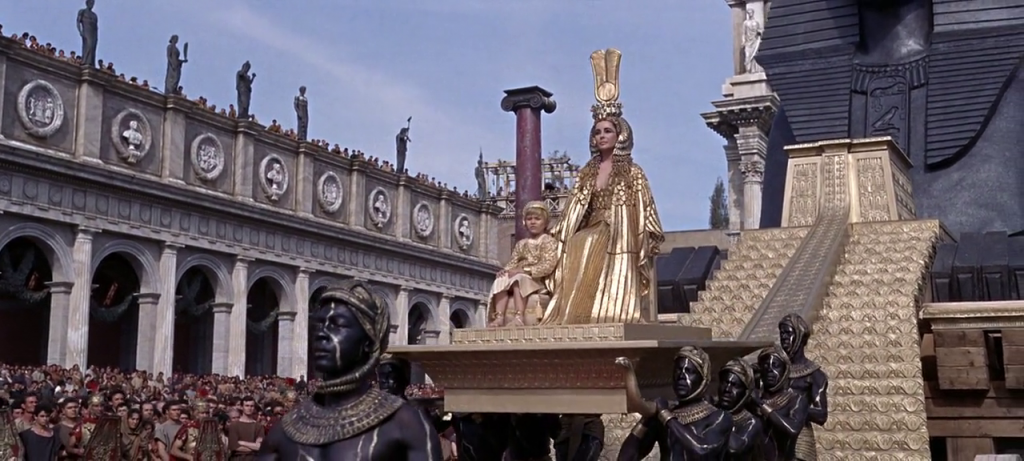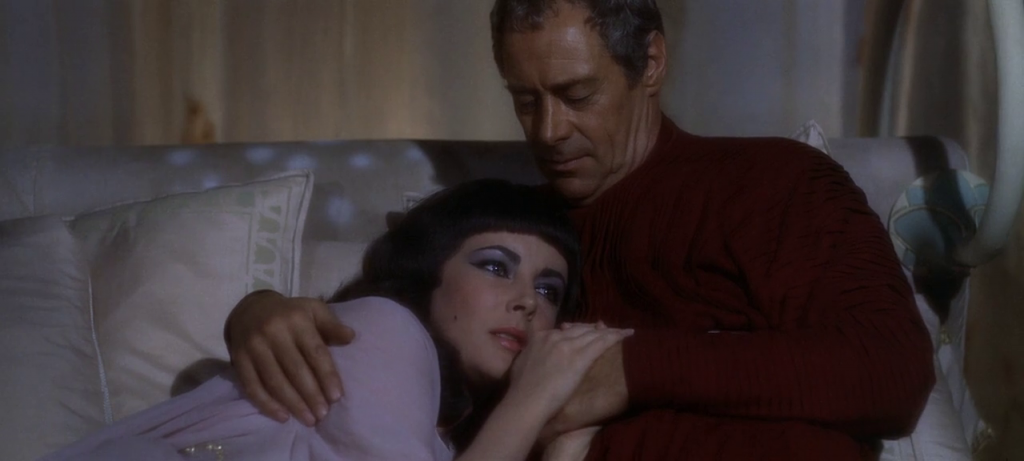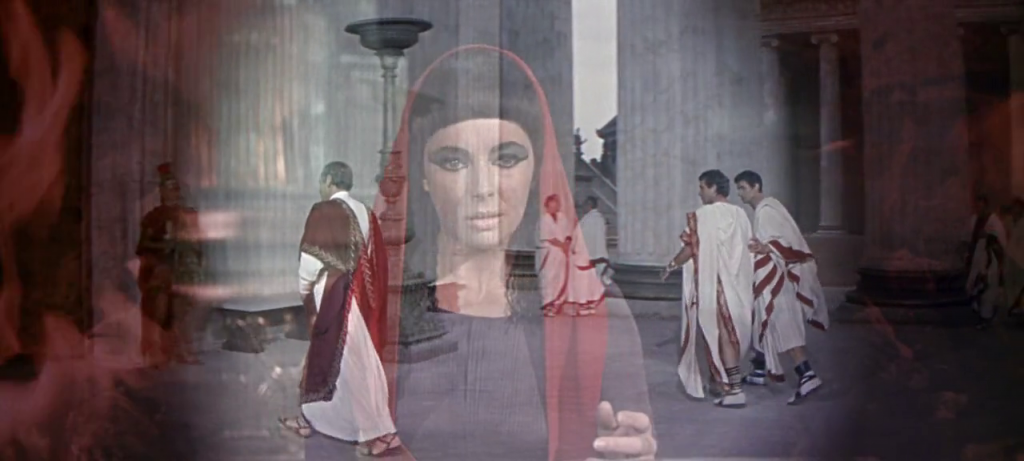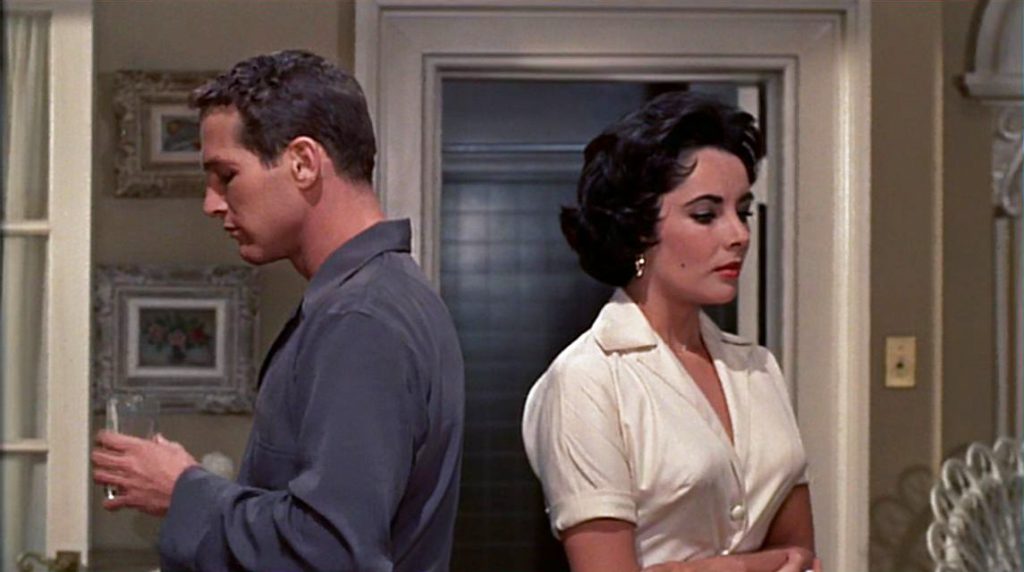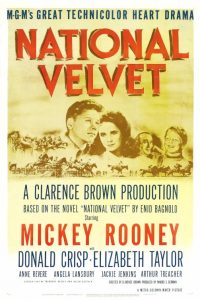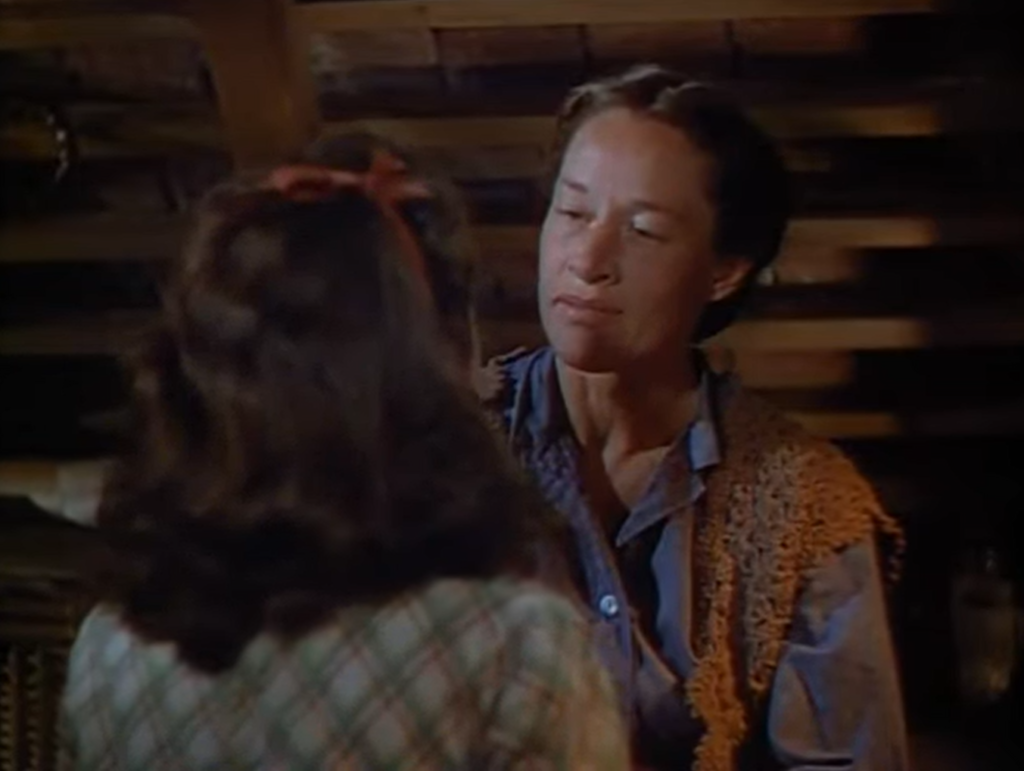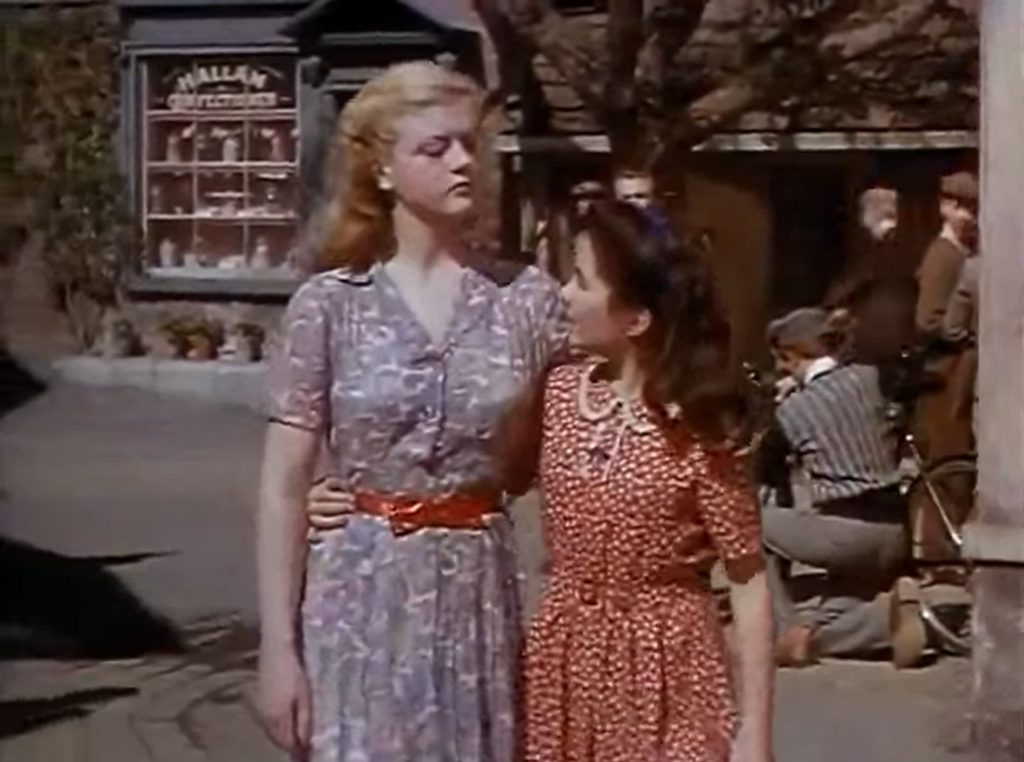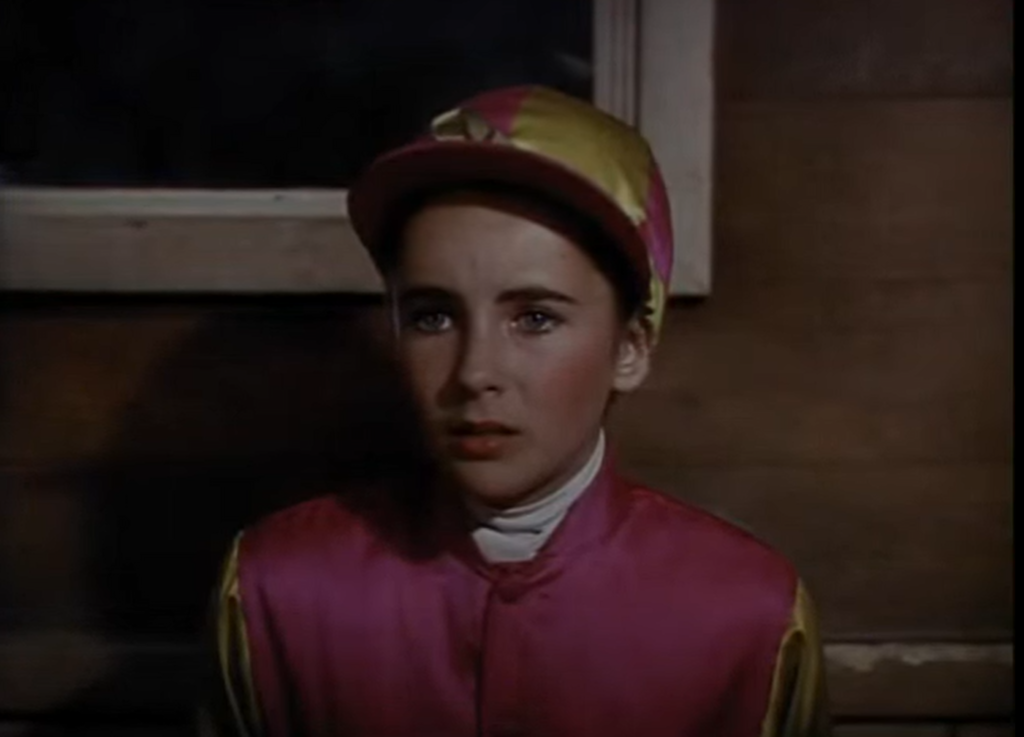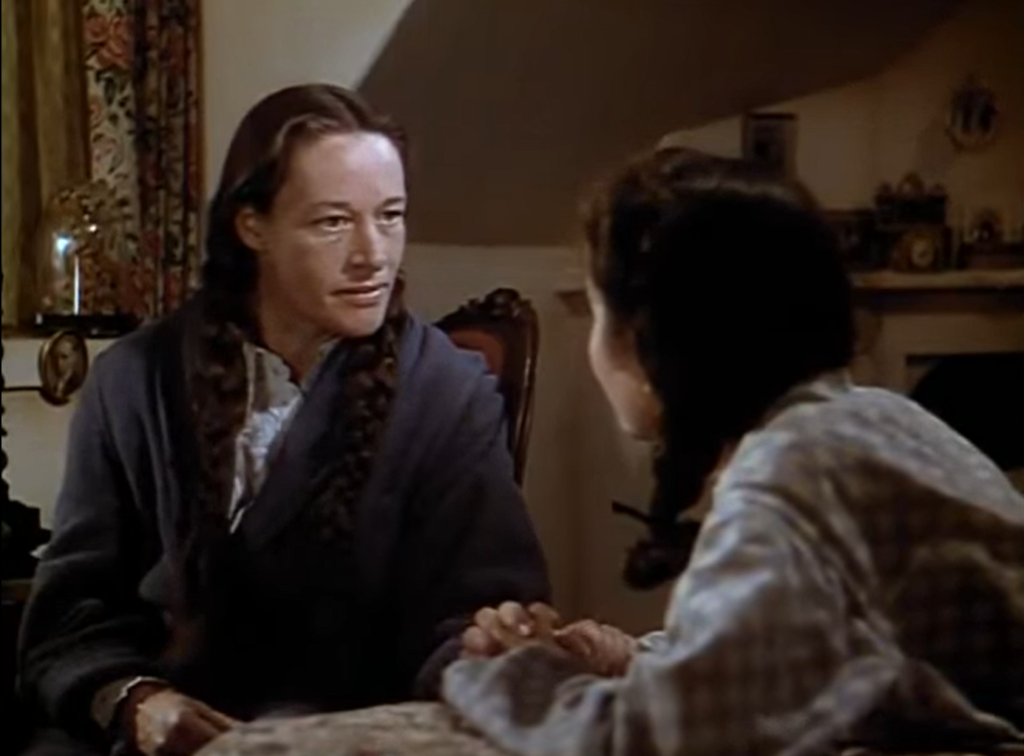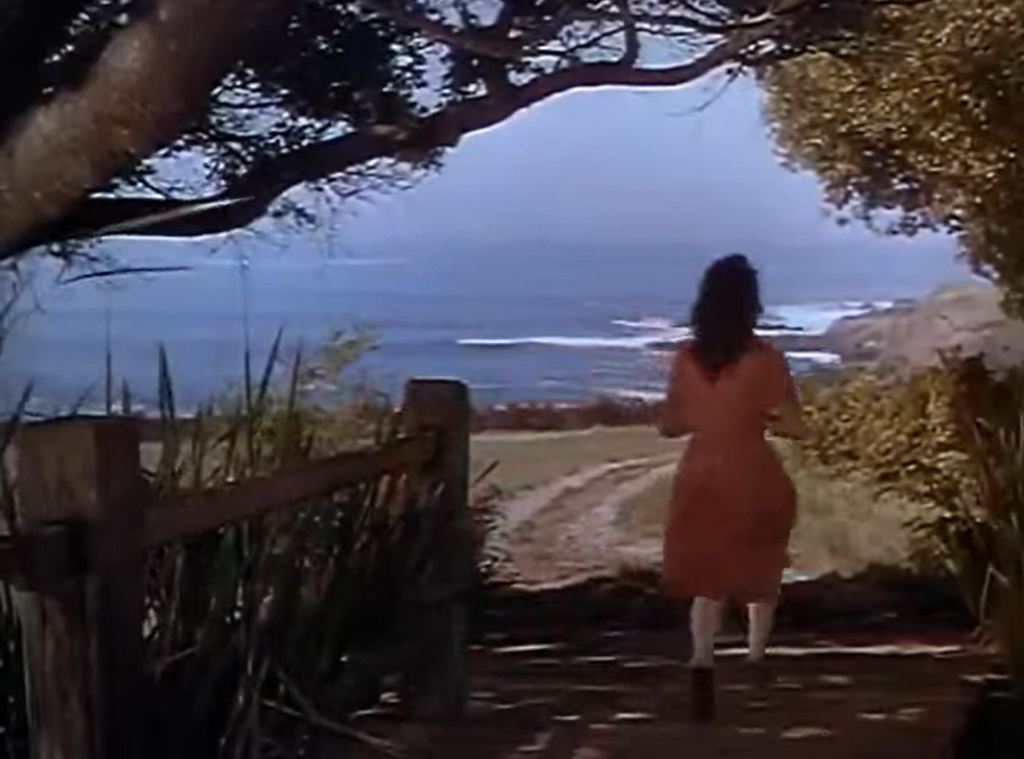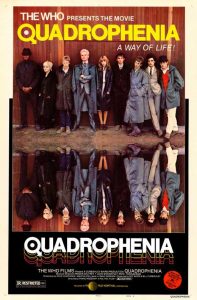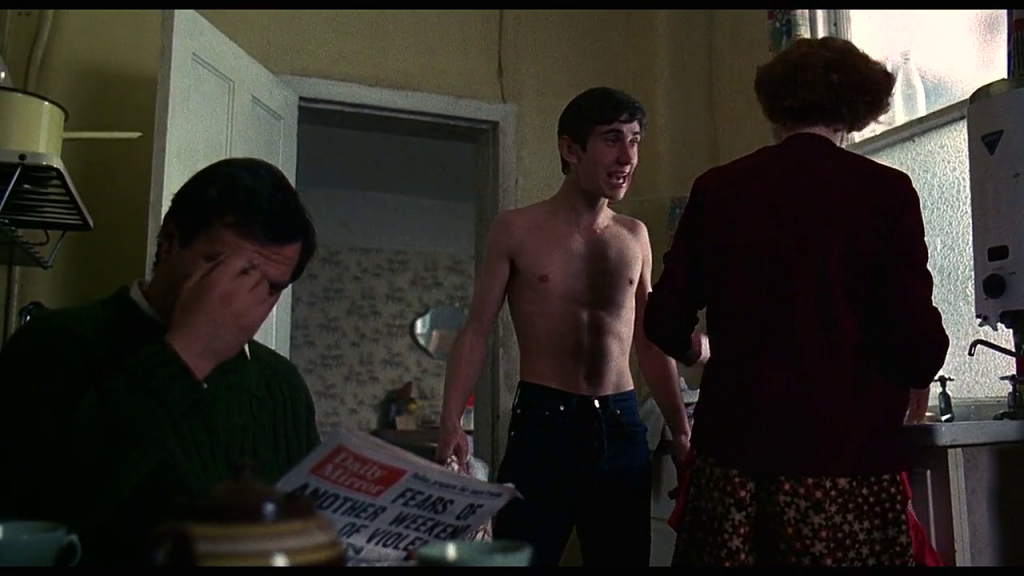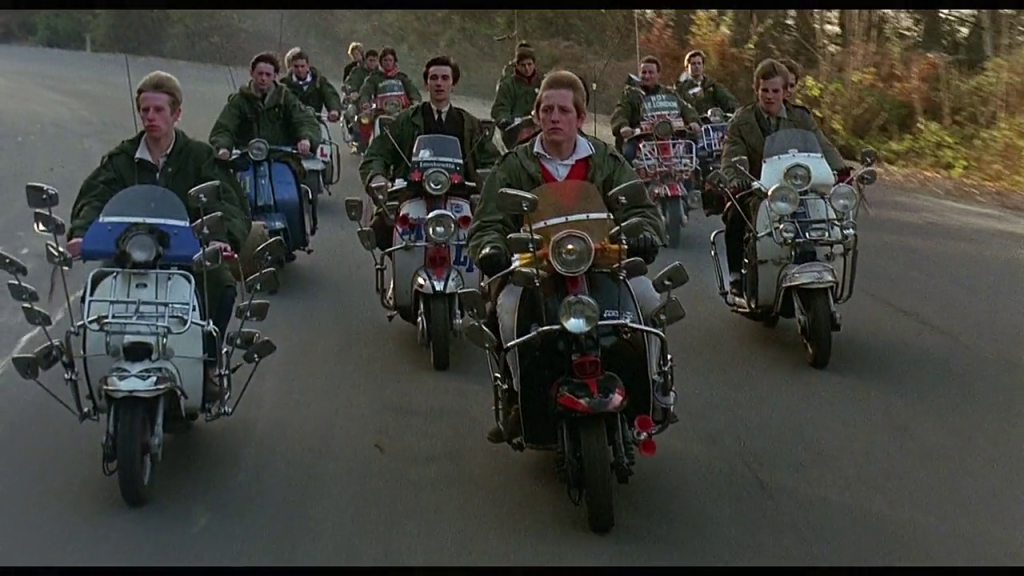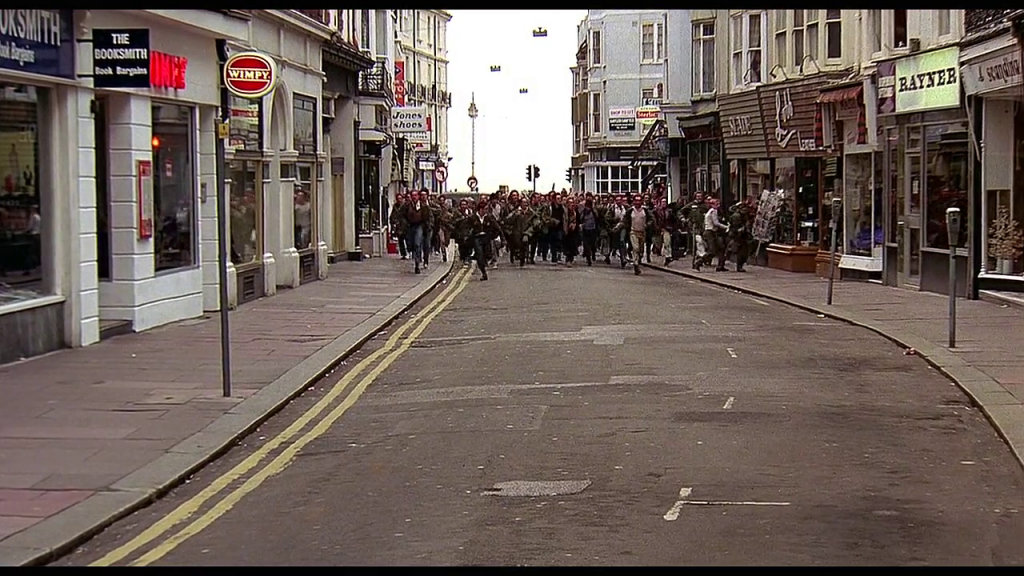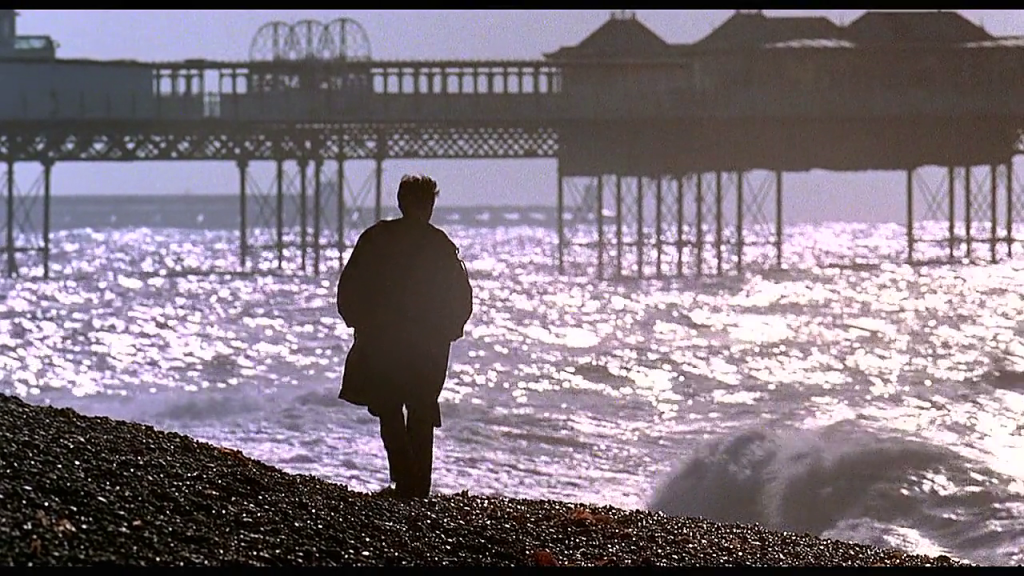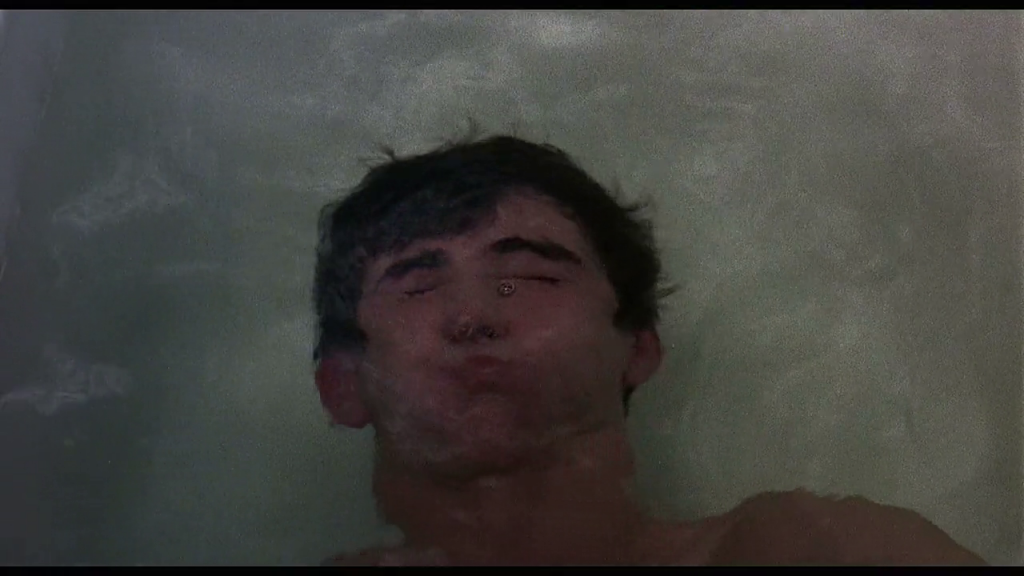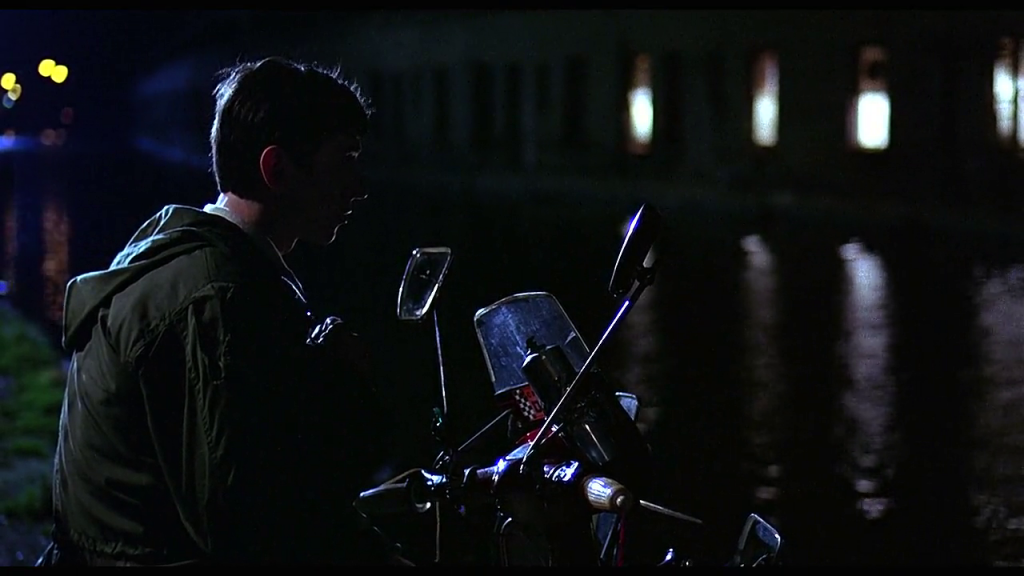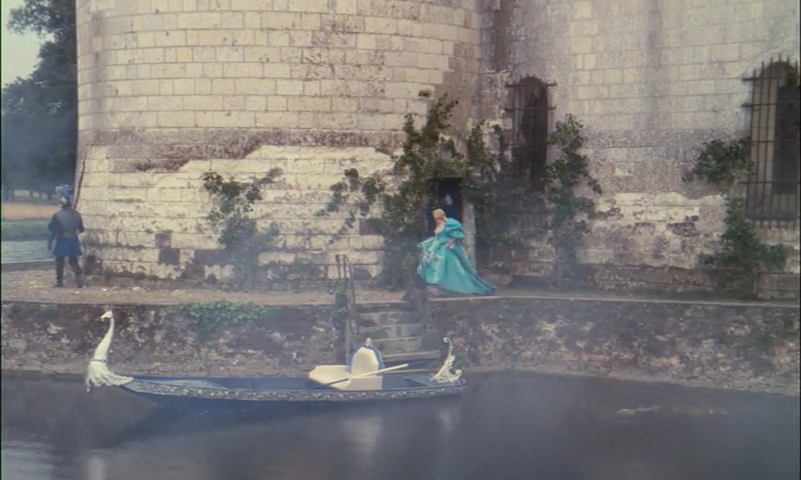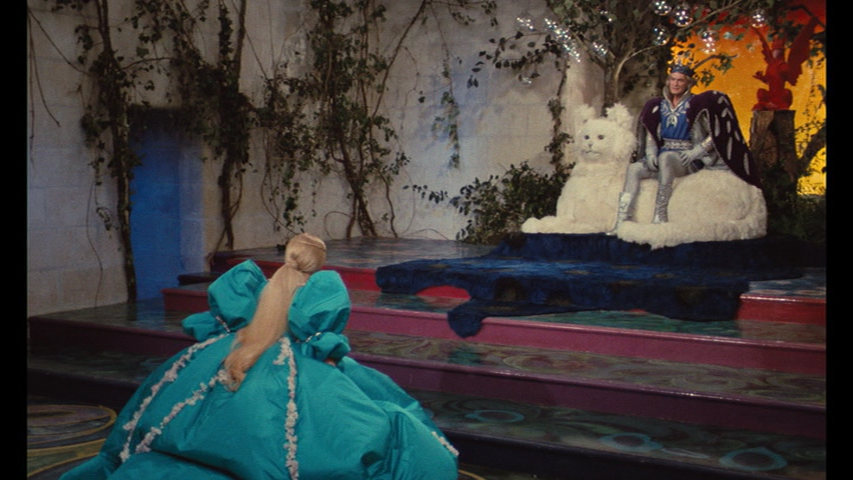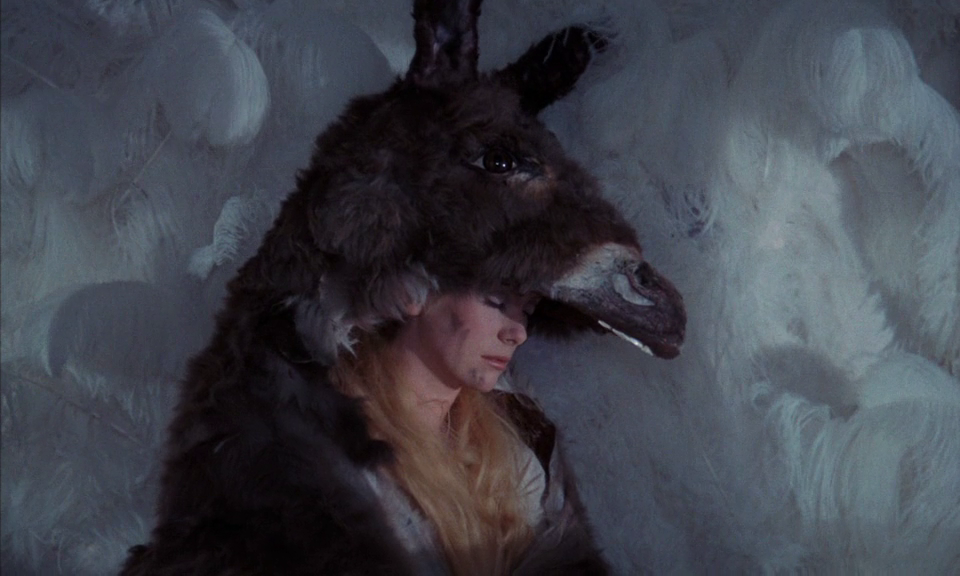|
Genres, Themes, Actors, and Directors:
- Ancient Greece and Rome
- Egypt and Egyptology
- Elizabeth Taylor Films
- Historical Drama
- Hume Cronyn Films
- Jealousy
- Joseph L. Mankiewicz
- Martin Landau Films
- Rex Harrison Films
- Richard Burton Films
- Roddy McDowell Films
- Royalty and Nobility
- Star-Crossed Lovers
- World Domination
Review:
It’s impossible not to begin a review of this epic historical drama by noting its infamy — not only as the costliest movie in Hollywood history, but one whose production drama alone could fill a mini-series; indeed, a documentary about the making of the film lasts two hours (see TCM’s article for a full breakdown of exactly how costs very quickly spiraled out of control). Setting aside its legendary production, however, the film that exists today — that is, the “full” four-hour+ version, rather than the truncated three-hour+ version that was released in theaters (to the public dismay of writer/director Manckiewicz and Taylor, among others) — remains a reasonably engaging (if over-long) saga of opulence, narcissism, treachery, and high drama among the elite ruling class. The Oscar-winning sets, costumes, make-up, art design, and cinematography are reason enough to check this movie out at least once; literally no expense was spared to (re)create a vision of ancient Egypt and Rome fantastic enough to represent the delusional grandeur of such fabled rulers.
Elizabeth Taylor was a notorious diva throughout the making of this film, which most definitely translates onto screen. To her credit, she puts forth a Cleopatra both hopelessly entitled and surprisingly sympathetic — albeit not without a healthy dose of campiness; my favorite unintentionally hilarious scenes include her infamous carpet-roll-out emergence, her “Mother Nile” speech (see quote above), and her appearance in countless over-the-top outfits and hairstyles. Other performances throughout the film — this was an all-star cast, for sure — are fine as well; despite not working from a coherent script, and/or having much of their scenes left on the cutting room floor, the characters seem reasonably well-formed — at least, enough to understand the general tenor of the complex, back-stabbing politics at play in this era.
Speaking of politics, watching this film in 2017, one can’t help taking note of the portrayal of Caesar as a Trump-like dictator. When Caesar complains that he “must wish what needs commanding”, one of his senators asks him in horror, “Do you suggest that the Senate no longer deliberate the welfare of Rome? Do you suggest an end to the process of Roman Law?” — to which Caesar replies, “I must be the law!” without any hint of awareness that his request is unreasonable. When Caesar humble-brags by insisting, “I want no more meaningful privileges and considerations, no more honors designed to pacify me. I’d far rather have nothing — remain what I am at heart, a humble man, anxious only to serve.”, we once again hear eerie echoes of the current U.S. President (“I think I’m much more humble than you would understand,” Trump stated in all earnestness to Barbara Walters during an interview).
Suffice it to say that this film remains an especially timely and potent reminder about the cyclical nature of humanity — including our group-like tendency to adore spectacle and ‘royalty’, the seemingly inescapable lust for power and domination, and the corrupt inner workings of love and politics.
Note: Diehard fans will likely want to read producer Walter Wanger’s memoir My Life With Cleopatra: The Making of a Hollywood Classic.
Redeeming Qualities and Moments:
Must See?
Yes, once, as an infamous Oscar-winning epic. Listed as a Sleeper and a Camp Classic in the back of Peary’s book.
Categories
- Historically Relevant
- Oscar Winner or Nominee
Links:
|

